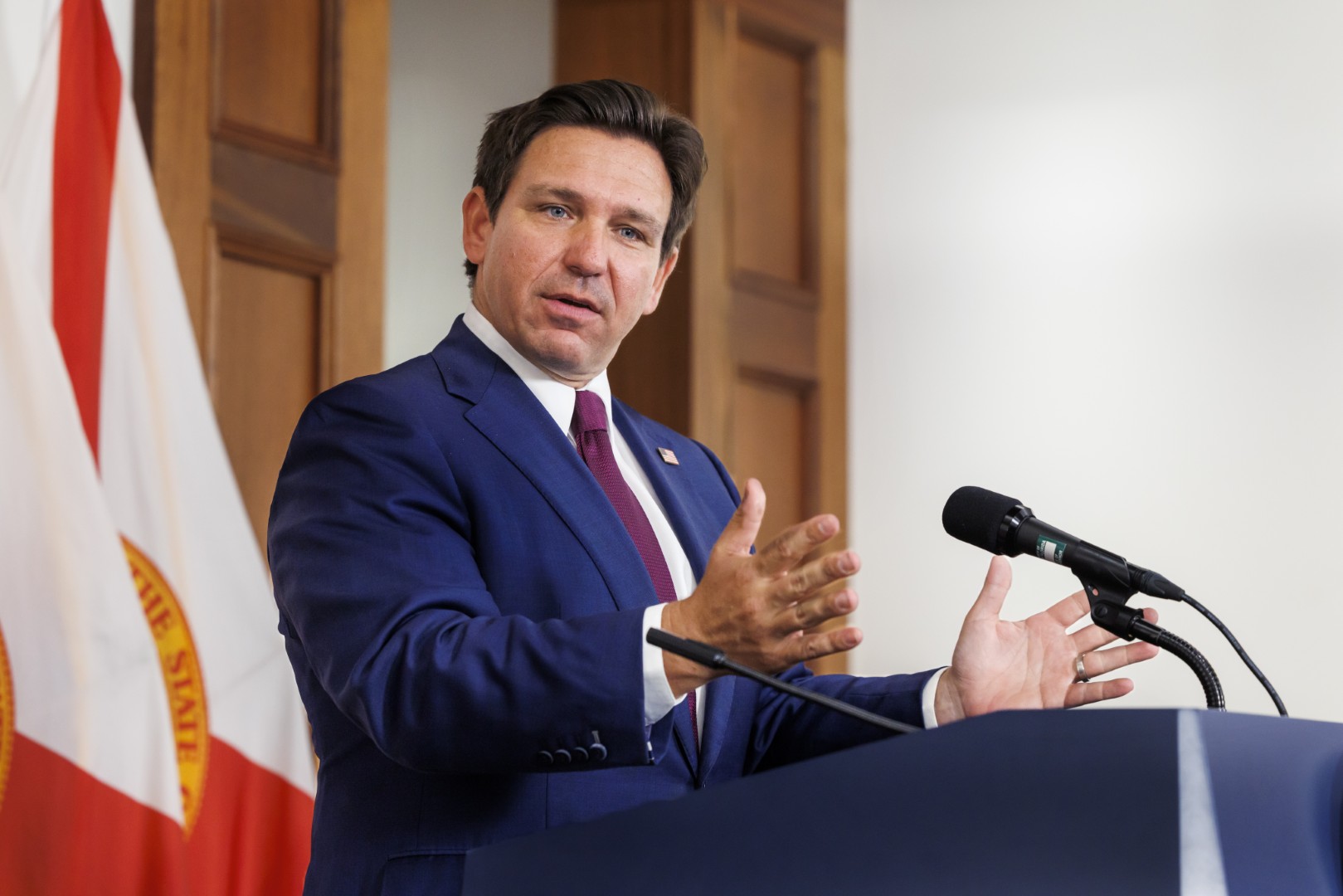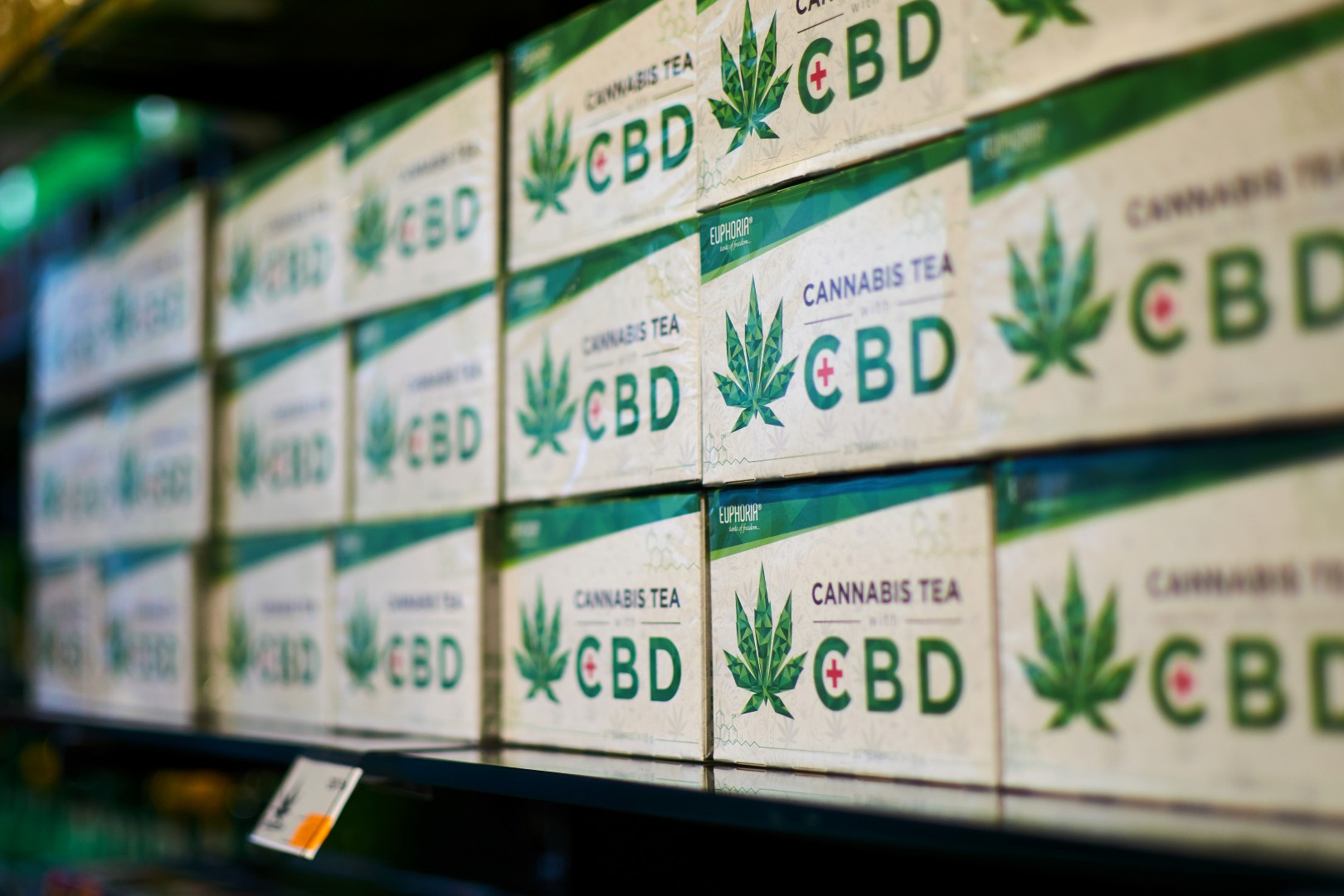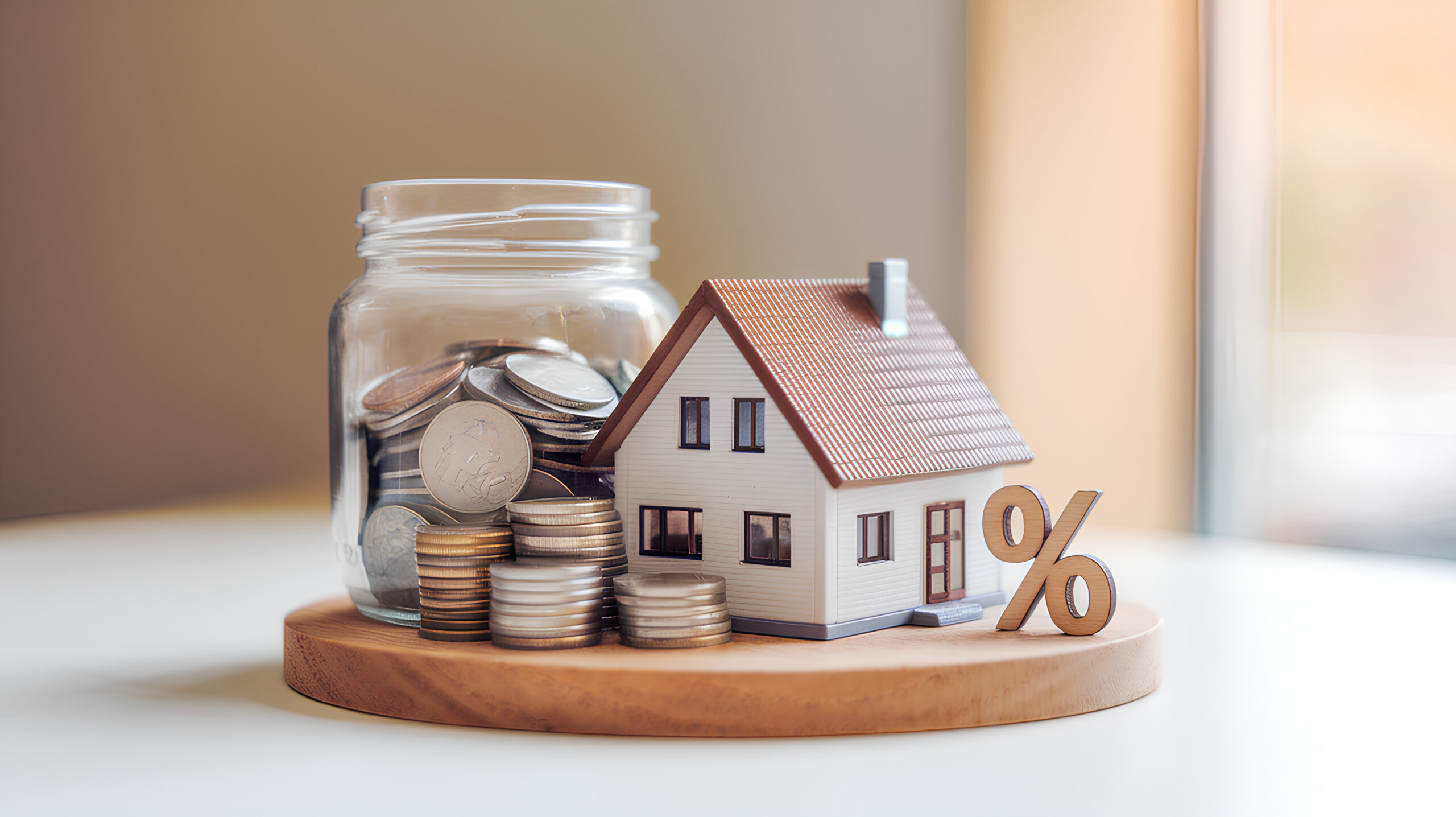A regulatory framework is advancing in the House that would prohibit hemp sales in convenience stores and levy a 15% tax elsewhere.
The House Budget Committee reported two bills favorably, one (HB 7027) regulating where consumable hemp goods can be sold and how much THC they can contain, and another (HB 7029) that imposes a tax on goods similar to cigarettes and alcohol.
The committee unanimously approved an excise tax on THC-infused goods, and Rep. Michelle Salzman, a Pensacola Republican, said more changes are in the works before the package reaches its next committee stop.
That includes a further exploration of how Florida regulates the level of THC, the same intoxicant as marijuana, that can be contained in edible products and beverages sold in retail stores.
“We do need to address the weight-to-THC limit,” Salzman said. “It makes sense when you look at the 3% level, but whenever you say it, and in real conversation, it doesn’t make sense. Here, you can have five milligrams and a half of a drink, but you can only have 2.5 mg and a gummy, but they’re both a serving.”
The excise tax approved in committee was much lower than originally appeared in legislation. A committee bill released this month by the House Housing, Agriculture and Tourism Subcommittee would have imposed a 60% tax on edible goods and a $2.25-per-gallon tax on drinks. But coming out of the Budget Committee, the bill now looks at a 15% tax across the board.
Patrick Shatzer, lobbying for Sunmed, said that change will be far more tolerable for retailers and the hemp industry.
“But it’s still above what medical marijuana is charged at the excise rate of 10.75%, so any lower considerations would be appreciated,” he said.
In committee, many lawmakers remained focused on potential policy changes to the bill that could be proposed before it reaches the House Commerce Committee, the last panel that will comb through the bill before it reaches the House floor.
Rep. Toby Overdorf, a Palm City Republican, said he remains concerned that many products still contain synthetic components, which pose their own health concerns while not directly involving hemp.
“We keep talking about that hemp is going to be a great product for farmers, it’s a great opportunity for farmers,” Overdorf said. “Yet we’re looking at foreign countries being able to import chemicals that are the baseline of synthetics for the hemp products, and I don’t know how that helps Florida farmers when we’re importing all that material.”
Rep. Traci Koster, a Tampa Republican, said she remains concerned the legislation bans products from many retail locations where they can be purchased now.
“I do think I’d like to see more conversation about our convenience stores being added back in,” she said. “I think that they, too, are allowed to sell alcohol at different levels. So perhaps there’d be a different level.”
Rep. Christine Hunschofsky, a Parkland Democrat, agreed. But she also praised Salzman for spearheading a collaborative effort to bring stakeholders together before the bill landed in front of the committee.
“In previous Sessions, the room has been full, and we’ve had so much constituent input because it was never in the right place,” Hunschofsky said. “And the way you’ve worked through this process and getting it to where it is has been absolutely remarkable.”
Last year, the Legislature passed a regulatory framework, but it drew intense opposition from retailers. Ultimately, Gov. Ron DeSantis vetoed that bill, writing in a transmittal letter that the legislation as passed would “impose debilitating regulatory burdens” and “dramatic disruption and harm” on businesses in the sector.
The Senate already passed hemp legislation as a single bill (SB 438), and there remain differences in the policy that may need to be worked out in conference, Salzman said.
Post Views: 0

 Entertainment8 years ago
Entertainment8 years ago
 Politics8 years ago
Politics8 years ago
 Entertainment8 years ago
Entertainment8 years ago
 Entertainment8 years ago
Entertainment8 years ago
 Tech8 years ago
Tech8 years ago
 Tech8 years ago
Tech8 years ago
 Tech8 years ago
Tech8 years ago
 Tech8 years ago
Tech8 years ago












